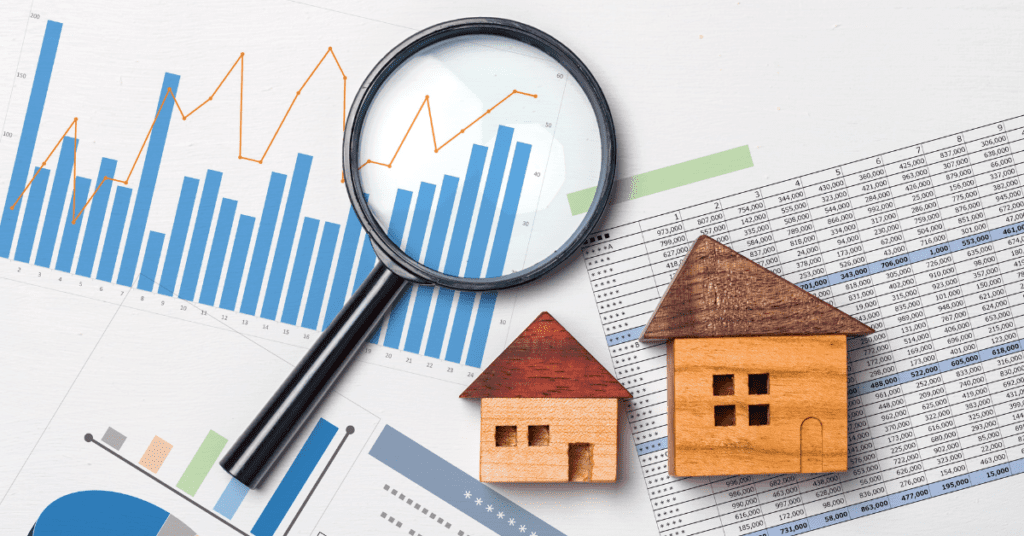
A Simple Path to Real Estate Investment – Buy and Hold
Considering diving into the world of real estate investment in Brampton, Mississauga, Caledon, the Greater Toronto Area (GTA) or the surrounding area? You’re in luck! We’re Keith and Françoise, and we’re here to guide you through a reliable Buy and Hold Real Estate Investment Strategy.
What is the ‘Buy and Hold’ Real Estate Investment Strategy?
Buy and Hold Real Estate Strategy involves purchasing a property and retaining it for an extended period. The twin goals here are property value appreciation and, potentially, rental income.
Advantages of the Buy and Hold Investment Strategy
- Long-Term Growth: Property often appreciates over the long term.
- Regular Income: Renting the property can provide a consistent revenue stream.
- Tax Benefits: Certain tax advantages come with property ownership.
Drawbacks to Consider
- Management Effort: Property requires ongoing care and upkeep.
- Market Risks: Market volatility can affect property values.
- Limited Liquidity: Money invested in property isn’t quickly accessible.
- Mortgage Rate Fluctuations: An increase in mortgage rates without a sufficient increase in rent can hurt your bottom line.
- Property Taxes: Rates can rise, affecting your profitability.
What About Capital Gain Taxes?
Remember, selling the property later may incur capital gains tax. In Canada, 50% of capital gains are taxable, and this rate is consistent regardless of how long the property has been held. However, there are some potential advantages to holding an investment property for a longer period:
- Deferred Tax Liability: By not selling, you defer your capital gains tax, allowing you more capital to work with for other investments in the meantime. This can be advantageous in terms of compound growth.
- Potential for Higher Sales Price: Real estate often appreciates over the long term. A higher selling price could offset the impact of capital gains tax, assuming the property’s value increases at a rate that outpaces increases in property taxes, maintenance costs, and other expenses.
- Depreciation Recapture: As you hold the property, you may be claiming depreciation to reduce your taxable rental income. Be mindful that when you sell, you could face depreciation recapture, which could increase your tax liability. However, holding the property longer may give you more time to plan for this eventuality.
- Cost Base Adjustments: Any improvements made to the property will increase its “Adjusted Cost Base” (ACB). When you sell the property, the capital gain is calculated as the selling price minus the ACB and selling expenses. A higher ACB could therefore reduce your capital gains tax liability.
- Strategic Tax Planning: Holding onto the property for an extended period may allow you to sell during a year when your income is lower, potentially reducing the overall tax impact if you’re in a lower tax bracket that year.
- Rent Increases: Over time, you may be able to increase the rent, providing you with more income to offset costs, including any potential capital gains tax in the future.
Getting Started with the Buy and Hold Investment Strategy
Ready to take the plunge? Your first step is research. Consult experts like us, Keith and Françoise, for personalized advice.
Your Path to Financial Growth
So there you have it. Your first step is research. Consult experts like us, the Keith and Françoise Real Estate Team for personalized advice.
Remember: Always consult a tax advisor for personalized advice tailored to your specific situation.
Back to Income Properties in Ontario: Building Steady Streams of Revenue.


